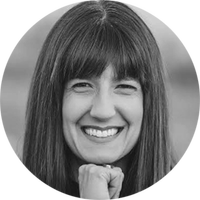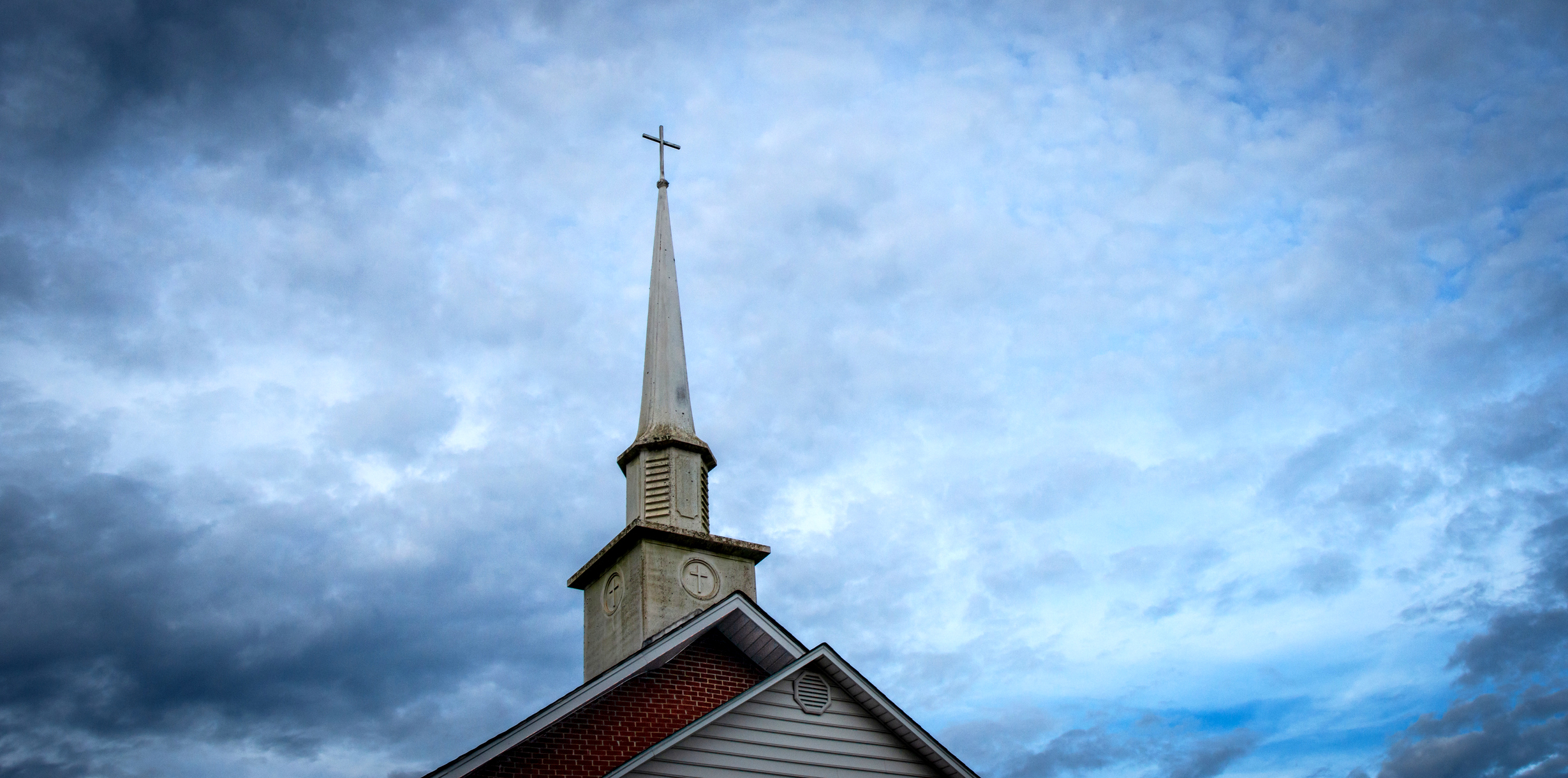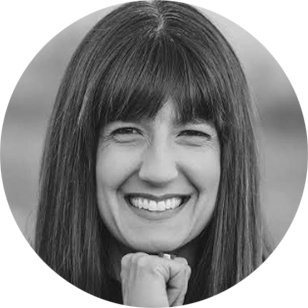American churches are failing congregants with disabilities
It's a failure for our kids, and a missed opportunity for the church itself


A free daily email with the biggest news stories of the day – and the best features from TheWeek.com
You are now subscribed
Your newsletter sign-up was successful
American churches are failing to meet the needs of children with cognitive and conduct disorders, a study by the National Survey of Children's Health found last year. In fact, children with autism are twice as likely to never attend religious services compared to kids with no chronic health conditions. As researcher Andrew Whitehead concluded, "This population is unseen because they never show up, or when they do, they have a negative experience and never return."
It may come as a shock to you that churches are unable or unwilling to meet the needs of kids with developmental delays and learning disabilities — especially if you're a parent of children without any significant differences. But for people like me — a parent of three adopted children and two who have Down syndrome — these revelations barely induce a yawn. This is a situation we've been wrestling with and tirelessly trying to improve for years.
Recently, I was at an evangelical church service to talk about my book, Scoot Over and Make Some Room, which explores the intricacies of my family life and the ways in which many of the systems in our society have yet to make room for my kids and others like them. The pastor who was interviewing me prefaced his first question by saying, "parents who have kids with disabilities such as Down syndrome, really wish their children didn't have that, that they could take it away."
The Week
Escape your echo chamber. Get the facts behind the news, plus analysis from multiple perspectives.

Sign up for The Week's Free Newsletters
From our morning news briefing to a weekly Good News Newsletter, get the best of The Week delivered directly to your inbox.
From our morning news briefing to a weekly Good News Newsletter, get the best of The Week delivered directly to your inbox.
I cringed inside. I was so shocked to hear this religious leader, standing before a sea of people who looked to him for spiritual guidance, casually degrade my son and daughter with Down syndrome, I didn't even hear what the actual question was. I gently responded that I love my kids with Down syndrome and affirm that they are fully human like the rest of us: "Their Down syndrome is an important part of who they are and it is something I love about them. I wouldn't change the fact that they have Down syndrome for anything in the world."
As I've raised my kids and fought for an equitable space in this world for them, I have often found myself disappointed with the Church and its lack of inclusive practices. And I'm not alone. I've met countless other parents who have stopped going to church once they had a child with a different ability. The environment was just too difficult for their child to navigate and they did not feel welcomed anymore. Christian churches must do a better job.
Luckily for us, the Bible lays the groundwork for the task before us, beginning in the very first chapters of Genesis where we learn that every human being bears within them the image of God. This divine reflection is not only held by neuro-typical, able-bodied people. In fact, some theologians argue that it is more clearly glimpsed in those with atypical abilities and limiting health conditions. When my son or daughter with Down syndrome steps inside any church in the world, they should not be treated like compassion projects or objects of pity. They should be embraced as bearers of the image of Almighty God who are bursting with unique spiritual gifts.
Once my kids entered my life and I found myself immersed in the Down syndrome community, I began to see scripture, the church, God, and all I had ever learned about these things through a new lens. As I fully embraced my children, understanding that God created them on purpose with Down syndrome, I began to notice all the other "different" people who I had been programed to overlook or disregard. As I got to know the individuals that I had been prone to ignore, I began to see them as clearly worthy and necessary to the church as a collective whole.
A free daily email with the biggest news stories of the day – and the best features from TheWeek.com
This is the lens through which Jesus saw people, which got him in trouble a time or two. He was always hanging out with "different" people who didn't fit in. Jesus lived at the margins because he knew God's grace dwelled there. And he worked miracles at the margins, which is itself instructive. As Christian author and quadriplegic Joni Eareckson Tada once said, "Our Savior chose to flash his credentials as Messiah through ministry to [differently abled] people... we in our wheelchairs get to prove how great and how trustworthy God is."
I realize that what I'm requesting comes at a cost to churches and their leaders. They will need to invest the time and resources to educate themselves and train their frontline people to meet the needs of all. But this costly work is necessary and long overdue. And it's not too much to ask.
If the pastor interviewing me had spent even an hour talking with and listening to parents like me, he would have known that we do not consider our children to be broken objects in need of fixing. He would have known that we don't want our children relegated to a separate, segregated class far away from everyone else.
To be clear, the failures of most churches to include and serve children with different abilities is not just a failure for our kids. It also represents a missed opportunity for the church itself. If Christians do not see the image of God in a person with a different ability, I'm not sure they know God at all. If Christians do not make space for them in our church, to come exactly as they are, I'm skeptical that they can grasp the fullness of God's heart.
Christians communities that exist for the expressed purpose of loving and serving one another should be the first to recognize the worth and value in people with different abilities. We should be the first people to bend and flex and scoot over, making space in our congregation, Sunday school classes, youth groups, home groups, small groups and community. Church staffs and volunteers should be trained to meet the needs of kids like mine. Instead, they are lagging far behind.
It's time for American churches to lay aside the empty excuses and step up to their high calling. With a little bit of effort and a listening ear, these communities can become the hope of the world for all people who enter their doors.
Heather Avis is the author of the new book Scoot Over and Make Some Room. A popular speaker, podcaster, and Instagrammer, her family’s story has been covered by top media outlets including Time, TODAY, and PopSugar. Heather lives in Southern California with her family: husband Josh, and children Macyn, Truly and August.
Heather Avis is an outspoken advocate for inclusion and the author of the new book Scoot Over and Make Some Room. A popular speaker, podcaster, and Instagrammer, her family's story has been covered by top media outlets including Time, Today, and PopSugar. Heather lives in Southern California with her family: husband Josh, and children Macyn, Truly, and August. Connect with her online at heatheravis.com.
-
 Minnesota's legal system buckles under Trump's ICE surge
Minnesota's legal system buckles under Trump's ICE surgeIN THE SPOTLIGHT Mass arrests and chaotic administration have pushed Twin Cities courts to the brink as lawyers and judges alike struggle to keep pace with ICE’s activity
-
 Big-time money squabbles: the conflict over California’s proposed billionaire tax
Big-time money squabbles: the conflict over California’s proposed billionaire taxTalking Points Californians worth more than $1.1 billion would pay a one-time 5% tax
-
 ‘The West needs people’
‘The West needs people’Instant Opinion Opinion, comment and editorials of the day
